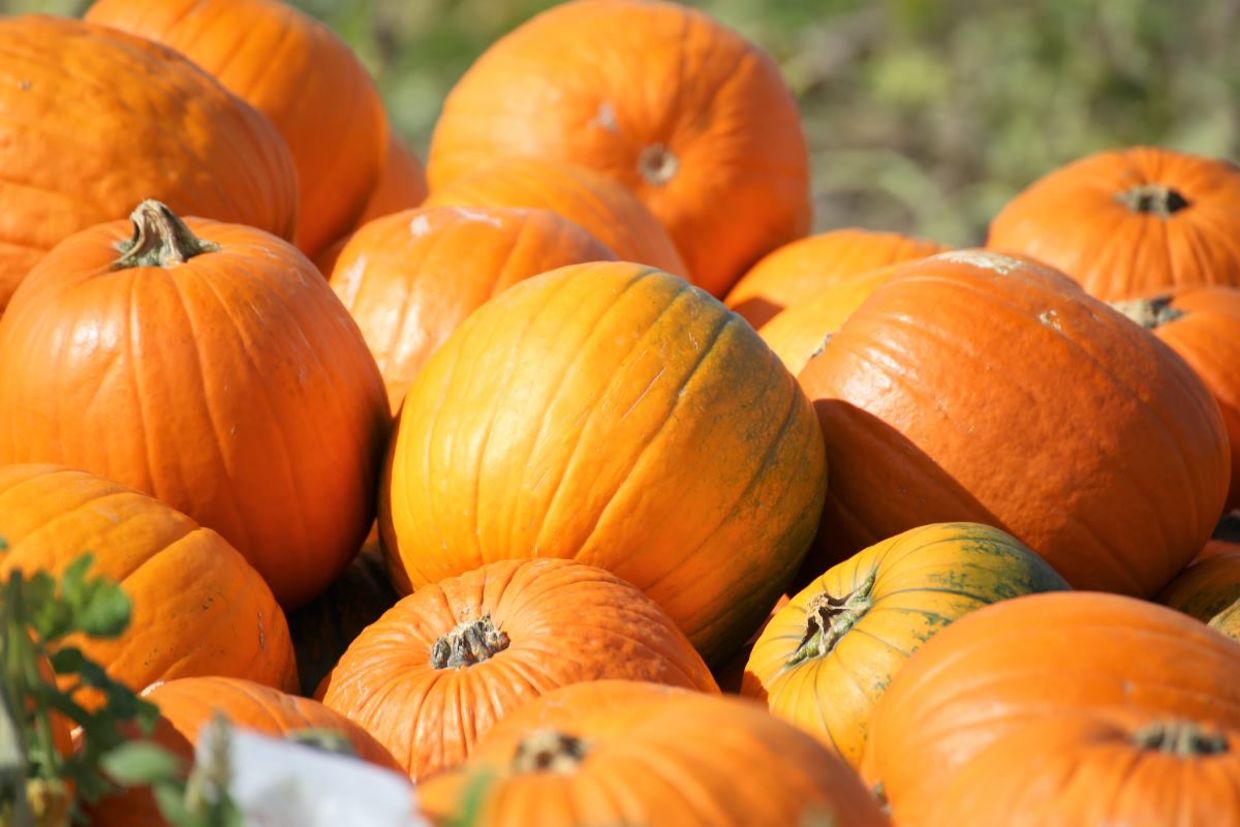
(U. J. Alexander / Shutterstock.com)
It’s pumpkin season! From pumpkin lattes to pumpkin pies,this winter squash is showing up everywhere.
Pumpkins are native to North America and are harvested in the fall, just in time for Halloween celebrations. While technically a fruit, according to Health, because it contains seeds, pumpkin is very versatile and can be used in many dishes.
But do you know that eating pumpkin is very good for you? Whether you use it fresh or canned, pumpkin is full of vitamins, minerals and antioxidants that come with a host of health benefits. Here are seven of the top reasons to add pumpkin to your diet.
Nutrient Dense
Pumpkins are very nutrient dense and contain an impressive amount of vitamins A, C, B2, and E, as well as the minerals potassium, copper, manganese, and iron, according to Healthline. Pumpkin also contains a large amount of beta-carotene, a carotenoid that your body converts to vitamin A. For a food that is so packed with health benefits, it surprisingly is made up of 94 percent water. This makes eating pumpkin a good form of hydration
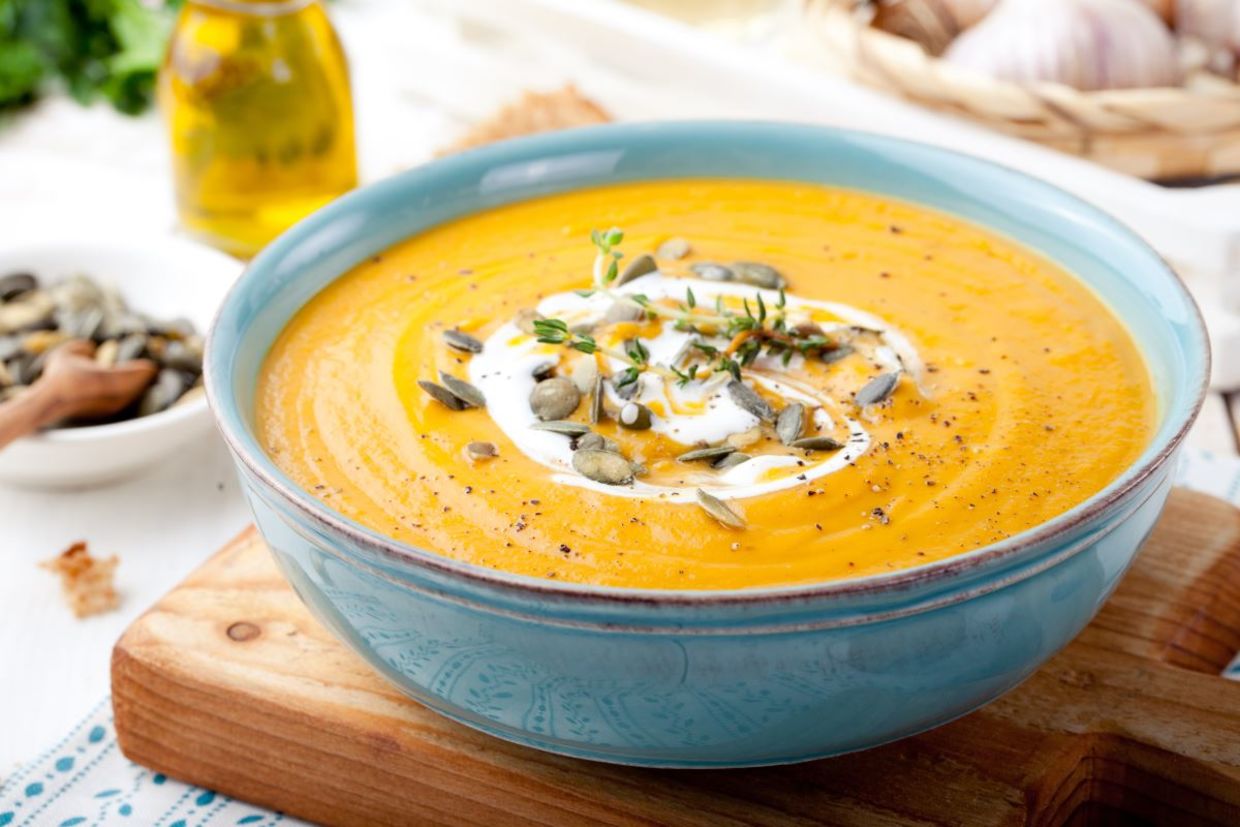
(Anna_Pustynnikova / Shutterstock.com)
Packed full of Antioxidants
Antioxidants help to neutralize free radicals and prevent oxidative stress in your cells that can cause chronic illnesses like heart disease and some cancers. Pumpkin contains some impressive antioxidants like alpha-carotene, beta-carotene and beta-cryptoxanthin that can help protect your cells.

(RomanaMart / Shutterstock.com)
Benefits Heart Health
Pumpkin can help keep your heart healthy because of the potassium, vitamin C, and fiber it contains. Potassium can help to lower blood pressure and reduce the risks of strokes, two leading causes of heart disease. The antioxidants in pumpkin help to protect you from LDL (bad) cholesterol that can cause your blood vessels to restrict and increase the risk of heart disease.
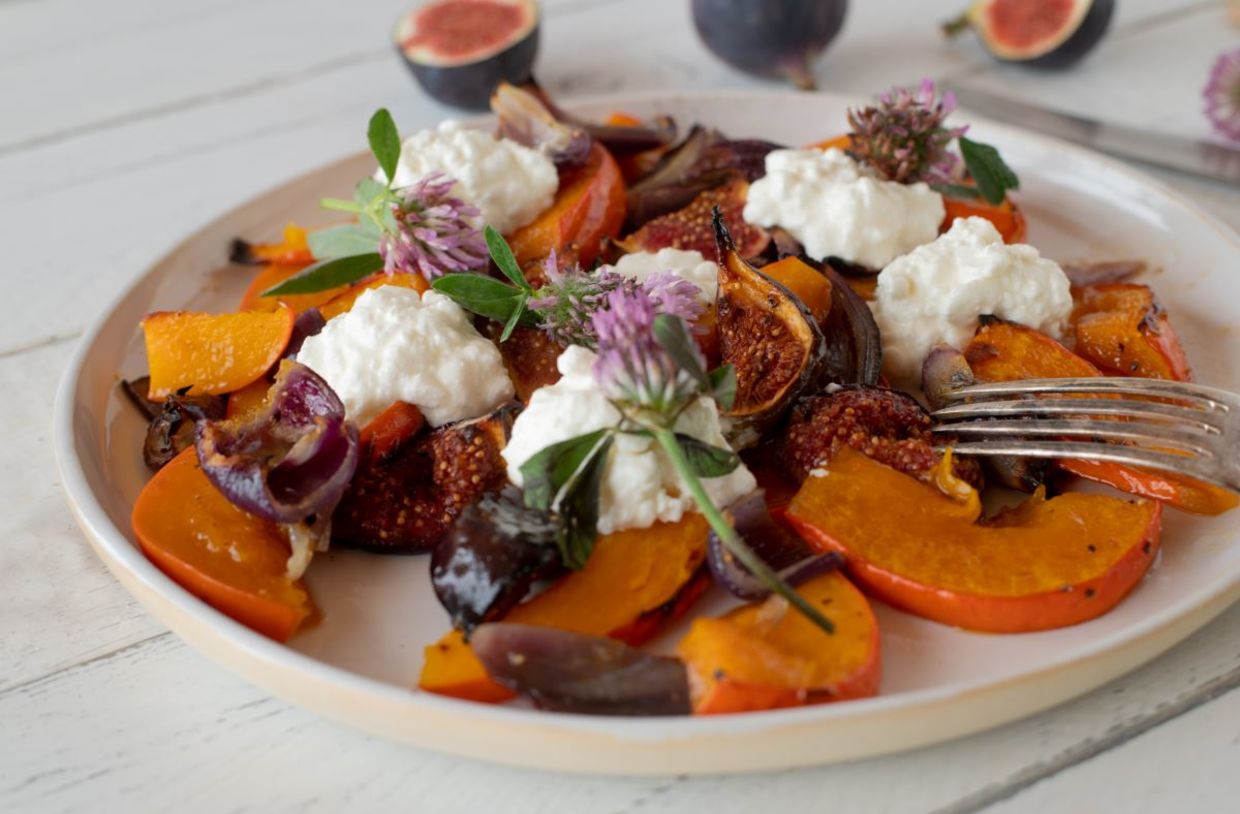
(Angelika Heine / Shutterstock.com)
Helps Your Immune System
Nutrient dense pumpkin could boost your immune system, according to Health. That’s because of the health-supporting vitamin C and selenium it contains. Vitamin A can also strengthen your immune system to fight infections. Since proper hydration also plays a role in your overall health, pumpkins are high water content is also a plus.

(JeniFoto / Shutterstock.com)
Helps Eye Health
Besides beta-carotene, pumpkin also contains lutein and zeaxanthin, powerful antioxidants that have been linked to better vision. Lutein and zeaxanthin are the only carotenoids that can accumulate in the retina and are known as macular pigments. Eating food that contains these carotenoids helps to reduce the risk of macular degeneration; a leading cause of blindness in people aged 65 and over
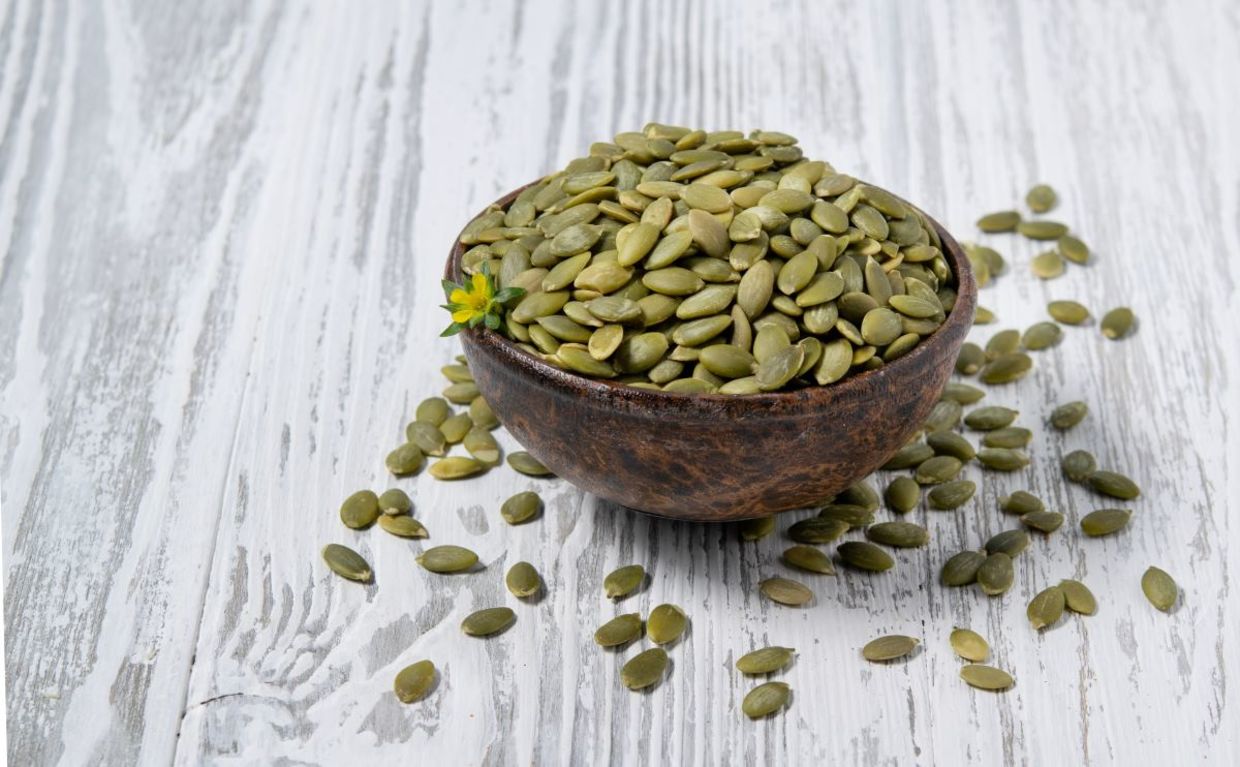
(Buntovskikh Olga / Shutterstock.com)
Good for Your Gut
Eating pumpkin is good for your gut because of the fiber it contains which helps to regulate gut microbiota and reduces constipation. Pumpkin contains both soluble and insoluble fiber that does not dissolve and could add bulk to stools, explained Medical News Today. Just one cup of pumpkin puree contains a full seven grams of fiber.
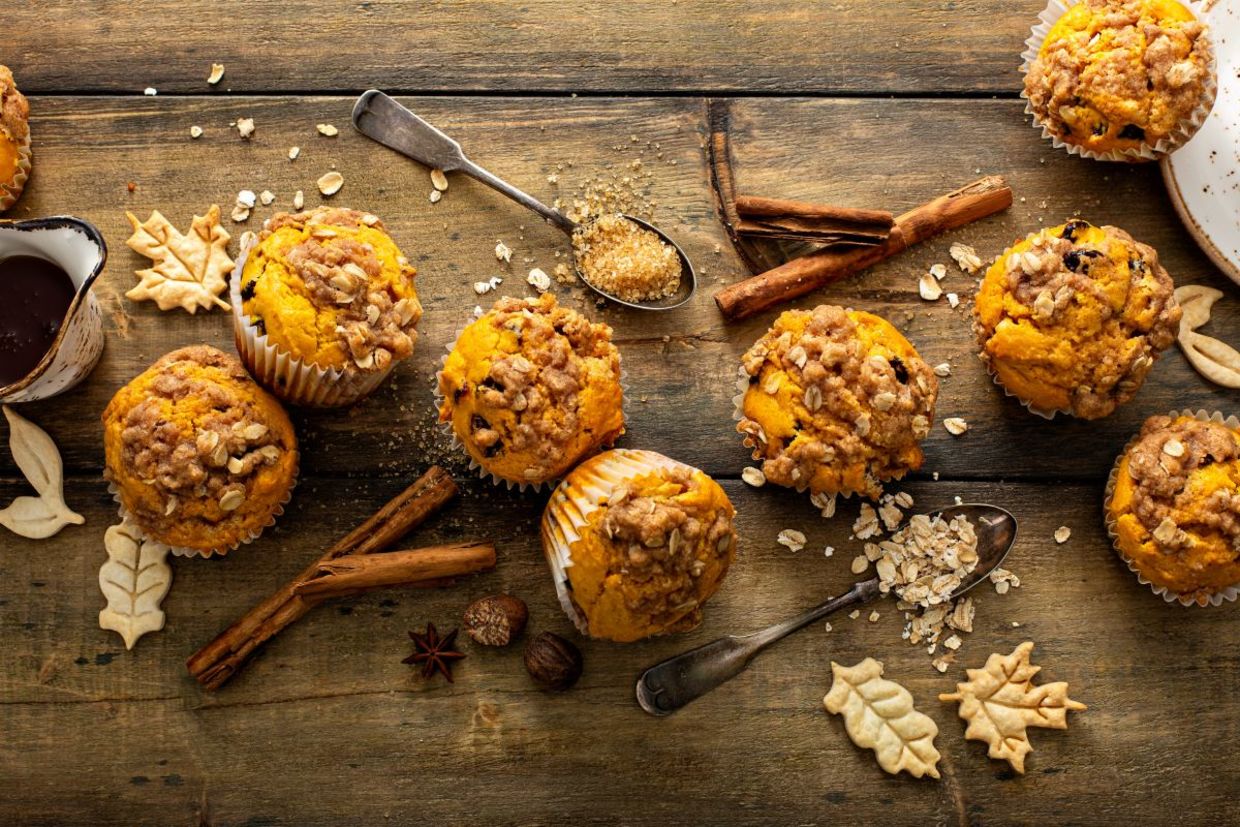
(Elena Veselova / Shutterstock.com)
Promotes Healthy Skin
According to Healthline, pumpkin is also great for healthy skin because of the carotenoids it contains, like beta-carotene which acts as a natural sunblock. That’s because carotenoids protect your skin cells against damage from harmful UV rays. The vitamin c in pumpkin helps your body make collagen, a protein that keeps your skin healthy and strong.

(Anna Shepulova / Shutterstock.com)







